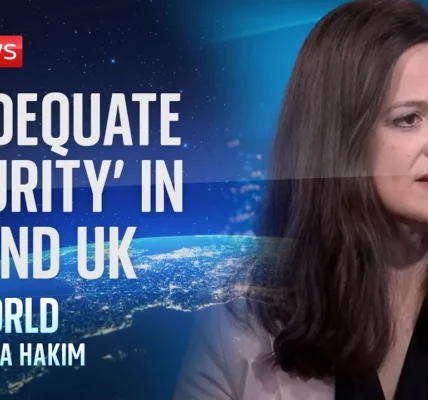Sentencing Remarks in the Murder Case of Shan CES

This article delves into the tragic murder case of Shan CES, a young man whose life was cut short at the age of 19. The proceedings, involving juvenile defendants under UK law, raise important questions about justice, rehabilitation, and the complexities surrounding youth offenders.
Introduction
The case of Shan CES is a heartbreaking reminder of the loss of young life due to violence. On November 13, 2022, Shan was murdered in Wolverhampton by two defendants, both aged 12 at the time of the incident. This article explores the details of the case, the courtroom proceedings, and the implications of the sentencing under the Youth Justice and Criminal Evidence Act 1999. Given the sensitive nature of the defendants’ ages, strict legal orders have been put in place to protect their identities throughout the judicial process.
The Background of Shan CES
Shan CES was described by his family as a caring and compassionate individual. Born and raised in Anguilla, he moved to the UK to seek treatment for his eyesight and to further his education. Shan was deeply loved by his family, who viewed him as a brave soul with a bright future ahead. Tragically, his life was cut short when he became a victim of a violent crime perpetrated by two young boys.
The Incident
On the evening of November 13, 2022, Shan was in a park with friends discussing their plans for the upcoming Christmas holiday. The defendants approached him, and after a brief interaction, a fatal confrontation ensued. The attack was sudden and brutal, involving a machete that one of the defendants had acquired prior to the incident.
Details of the Attack
The evidence presented in court revealed that Shan suffered multiple stab wounds, including a deep cut to his back that penetrated vital organs. The nature of the injuries indicated a joint attack, raising serious concerns about the mindset of the young offenders.
Defendants’ Background
Both defendants were described as children with troubled backgrounds, which played a significant role in the court’s considerations during sentencing. Their histories included issues of exploitation and exposure to violence, which contributed to their actions on that fateful night.
The Court Proceedings
The trial concluded with the defendants being found guilty of murder and possession of a machete in a public place. Due to their ages, the legal framework governing their sentencing was markedly different from that applicable to adult offenders.
Legal Framework
The Youth Justice and Criminal Evidence Act 1999 necessitates a unique approach to sentencing young offenders, emphasizing rehabilitation over punishment. The judge was required to consider the welfare of the children and the principles aimed at preventing reoffending.
Sentencing Remarks
The judge’s remarks emphasized the horrific nature of the crime while also acknowledging the defendants’ ages and backgrounds. The sentence for both defendants was set as “detention during Her Majesty’s pleasure,” which is a custodial sentence specific to juvenile offenders.
Implications of the Sentencing
The case raised critical questions about juvenile justice in the UK. The court had to balance the need for public safety with the rehabilitative needs of the young offenders.
Minimum Terms and Parole
The judge set minimum terms for each defendant, taking into account their individual circumstances and the seriousness of the offenses. The minimum term was calculated based on guidelines that consider factors such as age, maturity, and the nature of the crime.
Future Considerations
The parole board will ultimately determine when the defendants can be released, considering their behavior in custody and the risk they may pose to society. The importance of rehabilitation and support during their time in custody cannot be overstated, as these elements are crucial to reducing the likelihood of reoffending in the future.
Conclusion
The murder of Shan CES is a tragic event that underscores the complexities of youth violence and the legal system’s response to it. While the defendants are being held accountable for their actions, the emphasis on rehabilitation offers a glimmer of hope for their futures. It is essential for society to reflect on these cases, ensuring that justice is served while also fostering an environment for rehabilitation and support for young offenders. We extend our condolences to Shan’s family during this difficult time and encourage discussions on youth violence prevention.
For further reading on the complexities of juvenile justice, please visit our related articles section here.
“`




